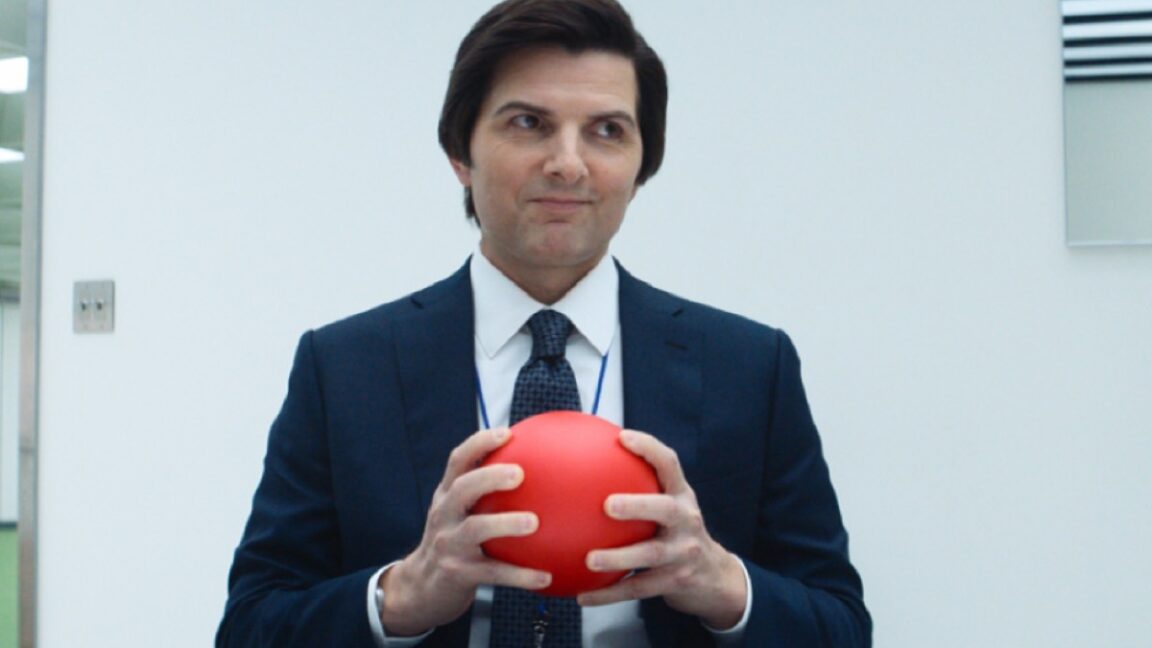SEPTA cannot pause massive service cuts in the wake of the Senate’s passage of legislation to move money designated for transit capital operations as temporary operating funds, the transit agency’s top executive said Wednesday.
“We will continue with those cuts as scheduled,” Scott Sauer said at a meeting of the state House Rules Committee to decide whether to go forward with the Senate’s proposal.
The answer for now was no, according to a party-line vote. Democrats hold a narrow majority in the House.
Service cuts of 20% across the board are scheduled to begin on Aug. 24. SEPTA had said it needed to know by Thursday that it had secured enough money in order to stop the implementation.
SEPTA projects a $213 million operating deficit, driven, officials say, by chronic underfunding, the effects of the pandemic, and skyrocketing expenses.
The GOP-controlled Senate’s measure would put $1.2 billion over two years from unused capital money into the Public Transportation Trust Fund, along with some recurring revenue of about $43 million per year from taxes on internet gaming. Democrats have countered that the PTTF is not a viable funding source for SEPTA, and that the move would hamper mass transit agencies from making critical safety updates in the future.
“We have to wait for a proposal that is both immediate and sustainable,” Sauer said. “Two years is not the sustainable solution we were hoping for. We need something that’s going to carry us into the future.”
He said that the Senate proposal doesn’t help SEPTA “because of the deference of capital dollars,” which would cause problems down the road by postponing needed upkeep of the system’s aged infrastructure.
In response to a question from Majority Leader Matt Bradford (D., Montgomery), Sauer said that SEPTA would receive about $26 million as its share from the internet gaming taxes that would flow to the Trust Fund if the Senate bill became law.
Gov. Josh Shapiro’s proposal for transit funding called for about $293 million to be put into the Trust Fund each year for five years, totaling $1.5 billion statewide. SEPTA calculated it would receive $168 million from that in the first year.
House Minority Leader Jesse Topper (R., Bradford), the ranking GOP member of the committee, said he didn’t understand why SEPTA service cuts must continue.
“If the money in this bill is made available to you, SEPTA will go about shutting down the lines over the next several weeks, or cutting back services — that seems to boggle my mind …if we are in a crisis,“ Topper said.
SEPTA’s planned cuts
The vast bus network, which carries more passengers than any other SEPTA service, would see some of the biggest cuts.
In all, 32 bus routes are scheduled to be eliminated.
Also being cut are special routes, such as the Mann Loop for concerts at the Mann Center in Fairmount Park, as well as those for sports and other events.
Routes will be shortened on 16 bus lines.
On the remaining routes, the time between buses, known as headways, would lengthen, particularly during the midday hours. That means fewer trips and fewer buses running each route.
On Regional Rail, trolleys, the Broad Street Line, and the Market-Frankford Line, fewer vehicles would run during midday periods.
Fares would also rise by 21.5% on Sept. 1.
Are the cuts reversible?
If state money comes or is assured to SEPTA after Aug. 24, it will take at least 10 days to rewind the cuts and get normal service running again, officials have said.
Source link

